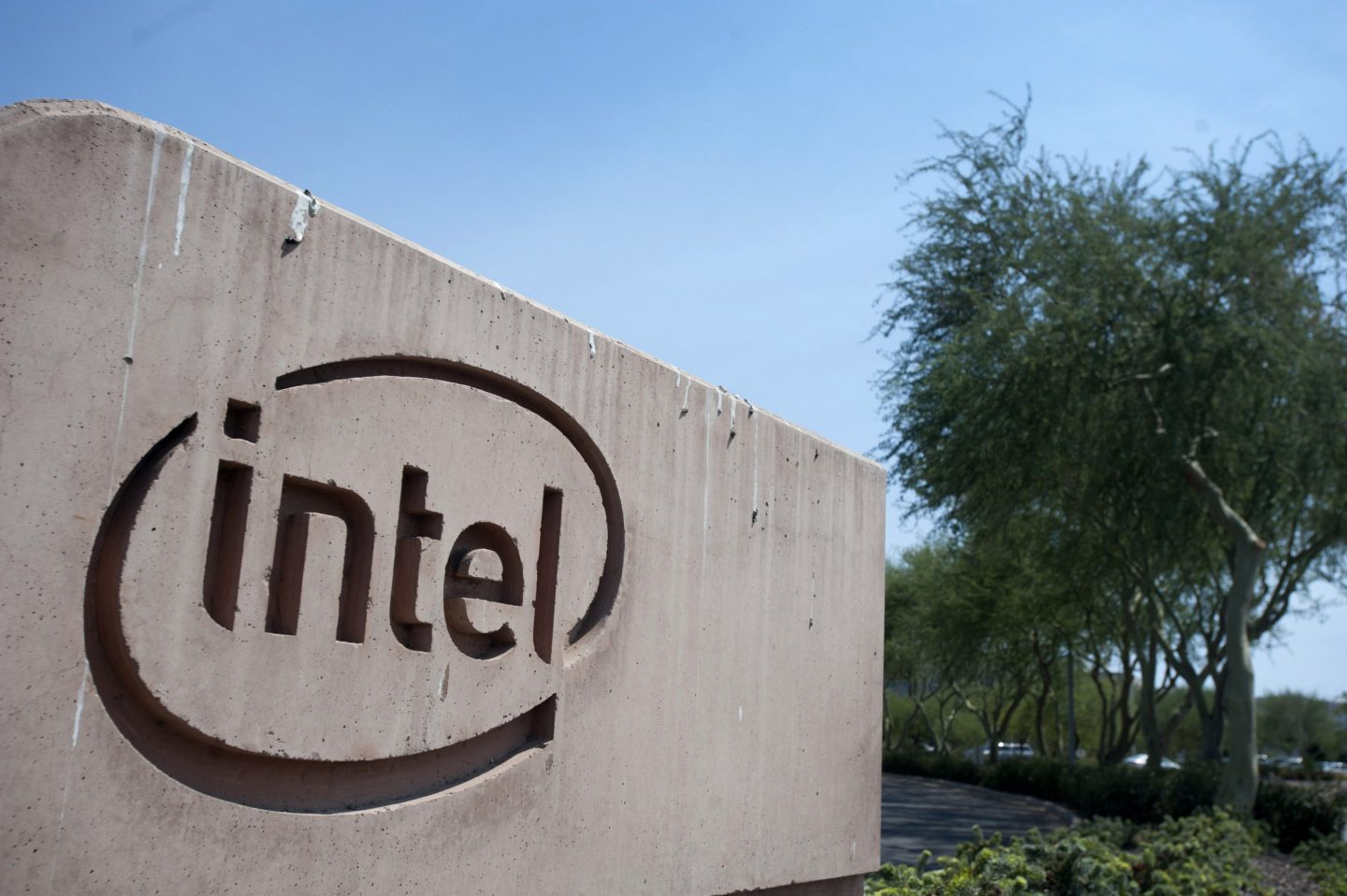Good morning. For a company with the name TikTok, the seemingly never-ending discussions over its fate in the U.S. has a certain irony to it. But the story may at last be coming to a close.
If media reports are correct, President Trump will sign a deal today that creates a U.S.-only version of the social media service that will no longer be controlled by its Chinese parent company Bytedance. We know (or we think we know) some of the names that will be part of the new ‘American TikTok’—Oracle, Dell, and the Murdochs—but the structure of the deal and how exactly its operations will be disentangled from its parent company are still not clear.
We may learn the answers soon enough. Tick tock, tick tock…
Today’s tech news below. —Alexei Oreskovic
Want to send thoughts or suggestions to Fortune Tech? Drop a line here.
Intel and Apple are talking

Intel’s government-assisted comeback bid may be about to score a big win from one of the ailing chipmaker's old partners: Apple.
According to Bloomberg, Apple and Intel are in “early-stage” discussions about ways to work more closely together, and Intel is also hoping to get an investment from Apple. The report, just a week after Nvidia announced a $5 billion investment in Intel, sent Intel’s shares up more than 6% on Wednesday.
Apple has a history with Intel, having used its x86 microprocessors in Mac computers for a period of 15 years ending in 2020. And partnering with Intel would certainly give Apple some valuable “brownie points” with the Trump administration, which owns 10% of Intel, as tech consultant Carolina Milanesi tweeted.
The chances of Apple switching back to Intel CPUs are essentially nil, since the Mac-maker now designs its own very powerful microprocessors. But having a second source for manufacturing its chips, aside from TSMC, might benefit Apple–if not in practice, then at least in optics. —AO
Microsoft's Anthropic move raises more OpenAI questions
It seems like just yesterday that Microsoft and OpenAI were the AI industry’s favorite couple, a bond sealed with a $13 billion investment.
But signs of the growing chasm between the two companies continue to pile up. On Wednesday, Microsoft announced that its 365 Copilot would now use AI models from Anthropic in addition to OpenAI’s GPT-5 model. Microsoft will initially offer Anthropic Claude Sonet 4 and Claude Opus 4.1 in Copilot Studio, a visual tool for building AI agents, and as The Verge reports, there is speculation that Microsoft could soon add Anthropic tech to its popular Excel and PowerPoint products.
A day earlier, OpenAI made a big splash with its plans to build datacenters as part of its Stargate project with Oracle and SoftBank—a setup that will lessen OpenAI’s reliance on Microsoft datacenters (which had been one of the key rationales for the original OpenAI-Microsoft partnership).
The two companies still have a lot of shared interests. So the question now is whether the recent moves represent an evolution into an “open” relationship or the beginnings of a bitter divorce. —AO
The energy needs of OpenAI's data centers
While we're on the subject of OpenAI's data centers, the spate of recent announcements—with Nvidia, Oracle, and SoftBank—implies a need for a massive amount of energy.
The various projects announced by OpenAI over the last two days describe facilities that would consume as much as 17 gigawatts of power. That’s roughly equivalent to powering New York City—which uses 10 gigawatts in the summer—and San Diego during the intense heat wave of 2024, when more than five gigawatts were used. Or, as one expert put it, it’s close to the total electricity demand of Switzerland and Portugal combined.
“It’s scary because … now [computing] could be 10% or 12% of the world’s power by 2030. We’re coming to some seminal moments for how we think about AI and its impact on society," said Andrew Chien, a professor of computer science at the University of Chicago.
It's worth noting that it's not entirely clear if there is some overlap in the gigawatt figures that OpenAI cited in its various announcements. But OpenAI CEO Sam Altman made clear in announcing the projects that he believes even more data centers will be necessary. —Eva Roytburg and Alexei Oreskovic
More tech
—Microsoft AI boss touts new AI-infused web browsing experience. ‘A little angel on your shoulder'
—Bill Gates urges Congress to ‘show its values’ on foreign aid. The results are worth it.
—GV’s Sangeen Zeb on investing in AI unicorns like Harvey, Thinking Machines, and OpenEvidence. A VC from Omaha.
—London AI startup Synthesized raises $20 million. Automated software testing for the ‘vibe coding’ era
—How Swarovski’s CIO makes the 130-year old jewelry brand’s tech shine. A test-and-learn approach.












